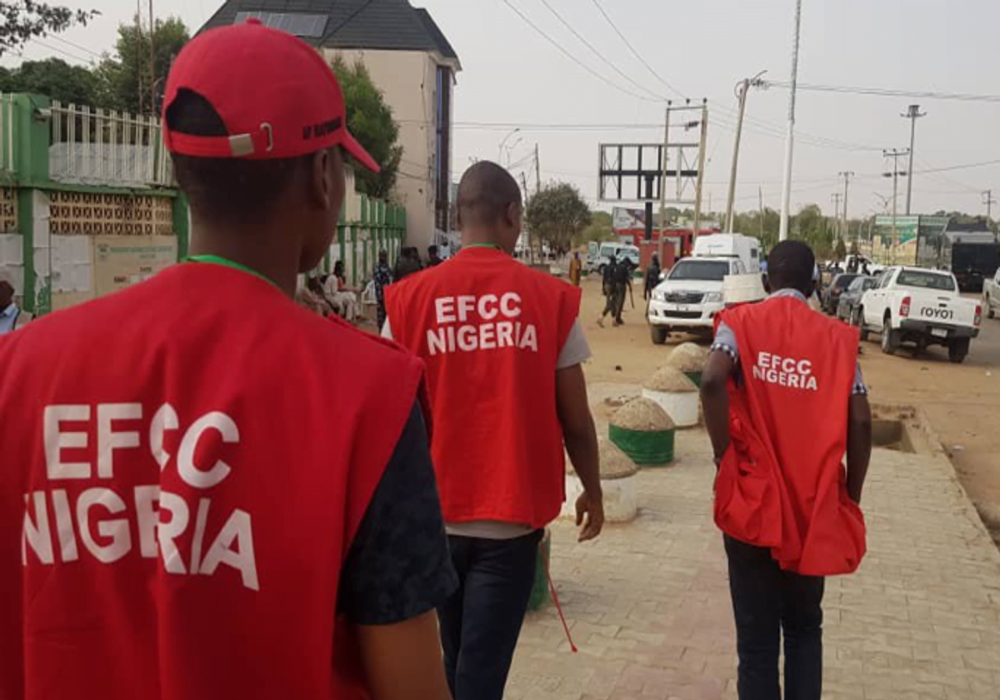Tunji Oyebanji, Chairman, MOMAN, disclosed this on Wednesday in an interview with the News Agency of Nigeria in Lagos.
NAN reports that unlike in past months, the Petroleum Products Pricing for Regulatory Agency has yet to release the monthly pricing modulation for petroleum products for August.
The monthly pricing determines the pump price that the products will be sold to motorists.
However, the Petroleum Products Marketing Company, a subsidiary of the Nigerian National Petroleum Corporation, has fixed N138.62 as ex-depot price fixed for PMS, also known as petrol, effective August 5.
Oyebanji, who was reacting to the development, said it would give marketers the option to adjust their prices.
He said: “So what the PPMC has done is to look at the average cost of fuel for the last 30 days and arrive at a workable figure that will protect the interest of marketers and end users.
“It takes about 45 days for a cargo to get here and the prices will fluctuate during that period so that is why they use average.
“Ultimately, we are closer to full deregulation now because government has said no more subsidy and that market forces will determine the price.
“Before they didn’t allow marketers to fix the price, but with this latest step whereby they only release the ex-depot price and gave them margin on top, it will now be left for the marketers to determine the pump price.”
Oyebanji explained that the margin to be added to the ex-depot price would be determined by the marketers themselves, which would increase competition in the sector.
He said: “Some marketers may decide to add N14 or N15, which will put the pump price between N150 and N151 per litre.
“That is our assumption and understanding because nobody has said so expressly.
“If this is allowed, it means they are listening to what we have been saying all along and so long the ex-depot price is based on realistic commercial parameters, marketers will be able to operate.”
The MOMAN chairman said marketers can now decide where to make their profits from the various allowed margins such as transportation margin, dealers’ margin and marketers’ margin.
Oyebanji said: “So they can look at their businesses holistically and decide to forgo profit from one end in order to attract more customers.



















